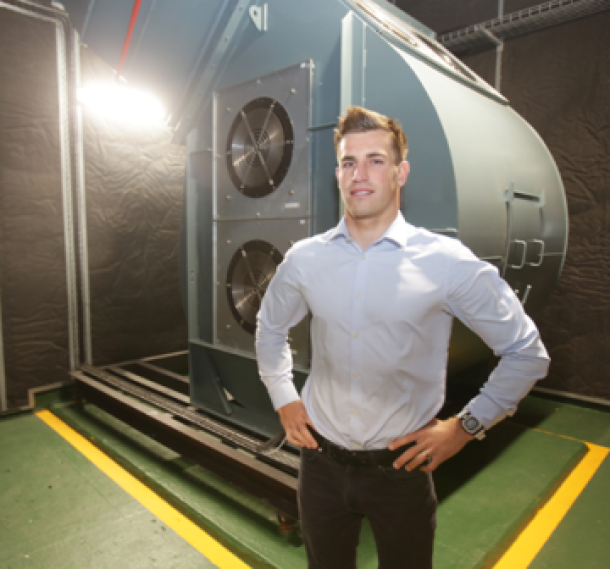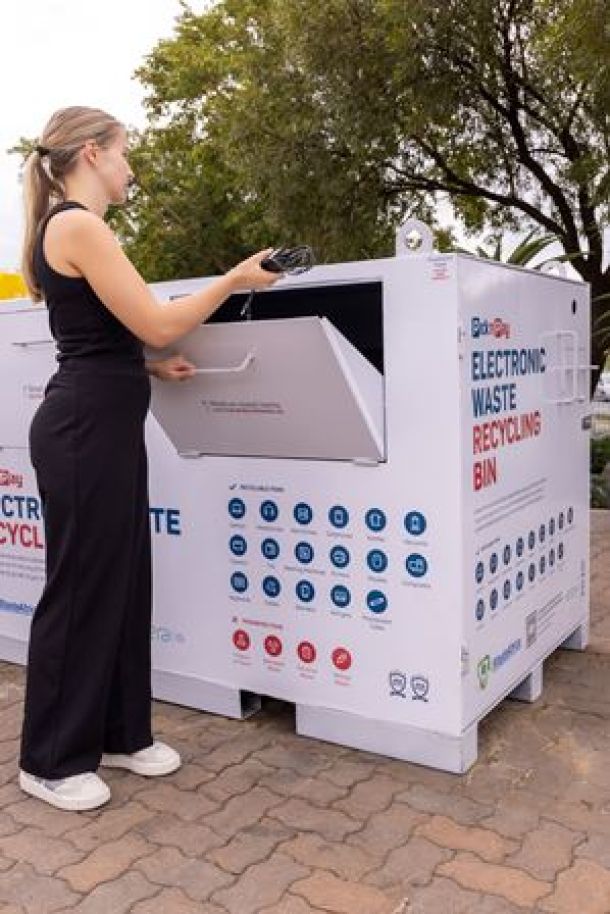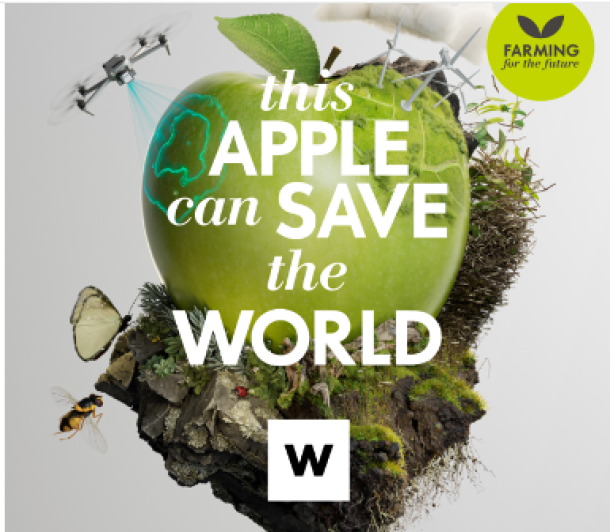Go and rot, you old bag
South Africans will soon be able to dispose of their plastic bags along with the rest of their waste without worrying about negative effects on the environment.
Scientists from the CSIR Polymer and Composite Research Group in Port Elizabeth have developed 100% biodegradable plastic bags made from by-products of maize and sugar cane.
The bags break down in mud, soil, water and compost in just three to six months. They can also be recycled.
Major retailers such as Woolworths and Pick n Pay are ready to test the product.
Sudhakar Muniyasamy, who led the team that made the discovery, said yesterday the new bags had the same durability as normal plastic bags but with "many more advantages", primarily because they would reduce the amount of plastic waste in South Africa.
"The technology is mainly designed to meet physical-chemical properties but, after their use, when disposed of in natural environments, it undergoes biodegradation in landfill, compost and marine water by process of natural micro-organisms in a timely and efficient manner," said Muniyasamy.
In South Africa about 90% of conventional plastic bags are made from petroleum-based chemical materials and are not biodegradable in natural environments.
Muniyasamy said the new bags currently cost two to three times more to manufacture than normal bags, but that costs would come down once they began to increase production.
"We hope by September we will be able to give [retailers] some pilot samples to try out and we expect to be in the commercial stage by early next year."
Jacques Lightfoot, sustainability manager at Plastics SA, said the new bags would be good for the environment but had concerns over their effect on existing jobs in the industry.
"This bag would have a lot of solutions to what we are facing right now and has its place as long as it doesn't destroy our recycling sector," Lightfoot said.
"We have 1800 convertors in the industry making plastic products with around about 50,000 employees and 231 recyclers with close to 5000 employees.
"The problem for us is that the normal bags are also being recycled so if the new bags are not marked correctly they will contaminate normal bags if they are stored together. We hope it doesn't affect our recycling industry."
News Category
- International retailers
- On the move
- Awards and achievements
- Legislation
- Wine and liquor
- Africa
- Going green
- Supplier news
- Research tools
- Retailer trading results
- Supply chain
- Innovation and technology
- Economic factors
- Crime and security
- Store Openings
- Marketing and Promotions
- Social Responsibility
- Brand Press Office
Related Articles

Pick n pay upcycles air-conditioning systems, s...

Shoprite Group opens pathways to job opportunit...

Pick n Pay empowers shoppers in the fight again...

Massmart implements early leak detection techno...


